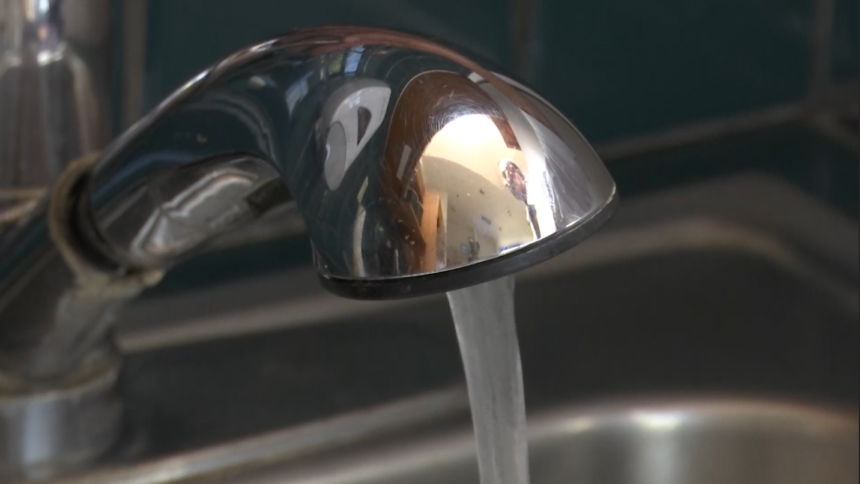Pismo Beach to discuss enacting tougher water use restrictions

PISMO BEACH, Calif. -- The Pismo Beach City Council will discuss on Tuesday night imposing stricter water usage rules in response to the state's worsening drought.
Council members will consider declaring a "Critical Water Supply" condition, which could lead to the city to enact a number of water rationing requirements.
"We're currently at a severe water restriction level," said Pismo Beach mayor Ed Waage. "At tonight's council meeting, we're going to consider raising it to the critical level. The council gave direction to staff to bring back this resolution, an ordinance to basically further restrict water use in the City of Pismo Beach."
Some of the restrictions could include reducing the hours that outdoor irrigation would be allowed, prohibiting water usage for outdoor cleaning, as well as directing restaurants to serve water only upon the request of a customer.
In addition, the council will also discuss the possibility of implementing an ordinance that would prohibit new turf installations.
"Lake Lopez is reaching historic lows," said Waage. "We've had low rainfall. The groundwater levels are decreasing, and we have reduced State Water for the city, so we are at a critical level at this point."
The discussion to move to the critical water condition comes as the same time Pismo Beach and its two local partners Arroyo Grande and Grover Beach continue to push forward with its water sustainability project called Central Coast Blue.
"Central Coast Blue will recycle our wastewater and put it into the ground for about six months and retrieve it in our wells," said Waage. "The water when you put it into the ground is cleaner than drinking water. I've tasted it through a pilot project that we had earlier, but it's clean water. We're putting it into the ground and after six months, we can take it out. It also helps reduce seawater intrusion into our groundwater basin, which is critical as well. We've had indications in the past of seawater intrusion. This project will help the reduce of seawater intrusion and help protect our groundwater basin."
According to Waage, the cities have applied for federal and state grants that would help offset much of the estimated $50 million price tag.
"We think we have a really good chance at getting those grants," said Waage. "If we get those grants, it could pay up to 75 percent of the cost of Central Coast. Once we get the grants, we will move forward with construction. We expect completion to be probably early 2025 and we really need that water more than ever."
